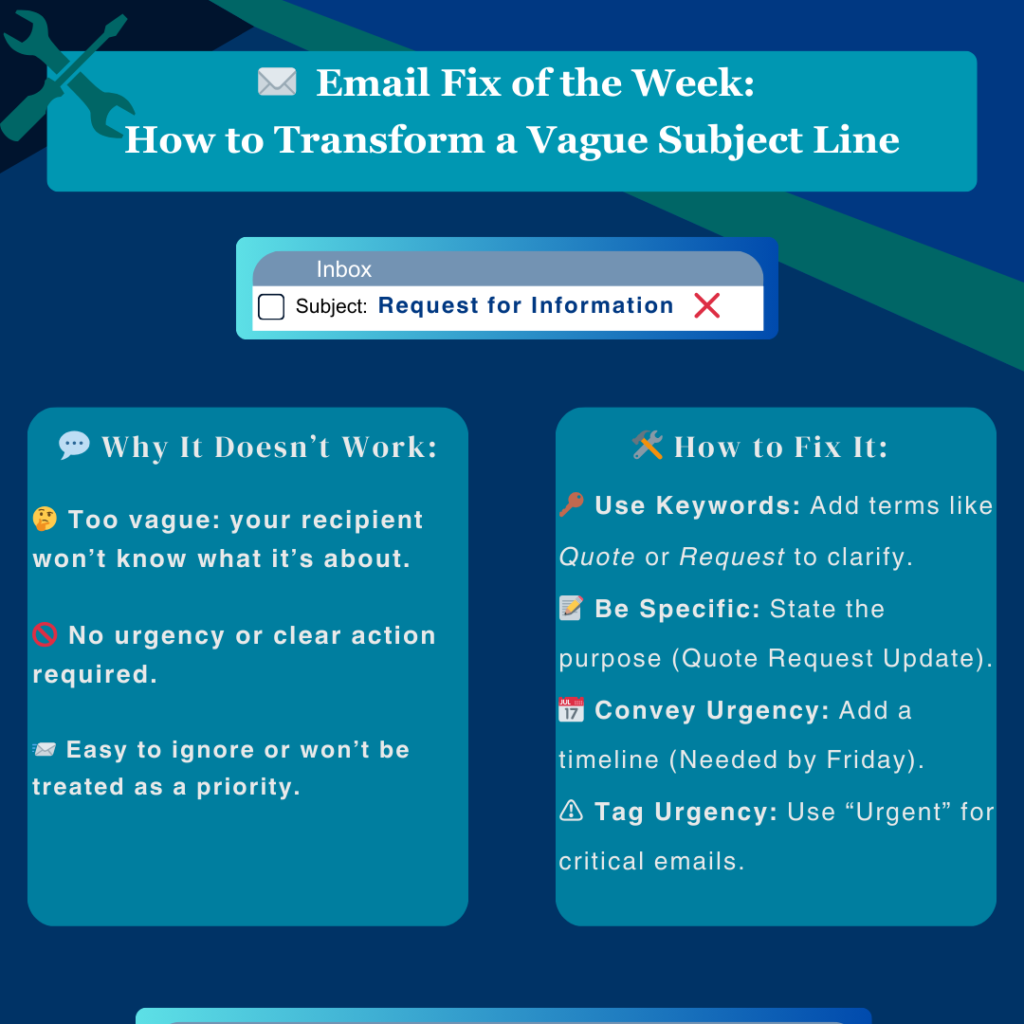“Tea? What tea?”☕
A British friend once told me about an email exchange with a French colleague. The French colleague joked, “The project isn’t progressing because the British always stop for tea.”
The result? My friend didn’t laugh—he found it awkward and even a bit offensive. The French colleague likely intended it to be lighthearted, but cultural differences got in the way.
🌍 Global Communication Insight: Does Humor Really Work in Business Emails?
💡 Why humor is high-risk in business emails:
- Cultural differences: People from different cultures interpret humor differently, and jokes can be misinterpreted or even come across as offensive.
- Lack of nonverbal cues: Without tone of voice or body language, it’s hard to convey humor clearly in writing.
- Stereotypes: Even lighthearted jokes can unintentionally rely on cultural or personal stereotypes, which can damage relationships.
✨ The best approach:
In professional communication, clarity and respect always win. Stick to clear, concise language that’s easy to understand and avoids unnecessary risks. If you feel tempted to add humor, ask yourself: “Will this joke enhance or distract from my message?”
From my experience working across cultures, I’ve seen how humor can strengthen relationships—especially in face-to-face interactions with colleagues I know well—but it requires the right timing, context, and delivery.
📌 Your Takeaway:
In business emails, jokes are often more trouble than they’re worth. For effective communication, focus on professionalism and cultural sensitivity to build stronger, more trusted connections.
💬 What’s your experience with humor in intercultural communication? Have you seen it succeed—or backfire? Share in the comments!
♻️ Share this post to help your network navigate global email communication with confidence.









